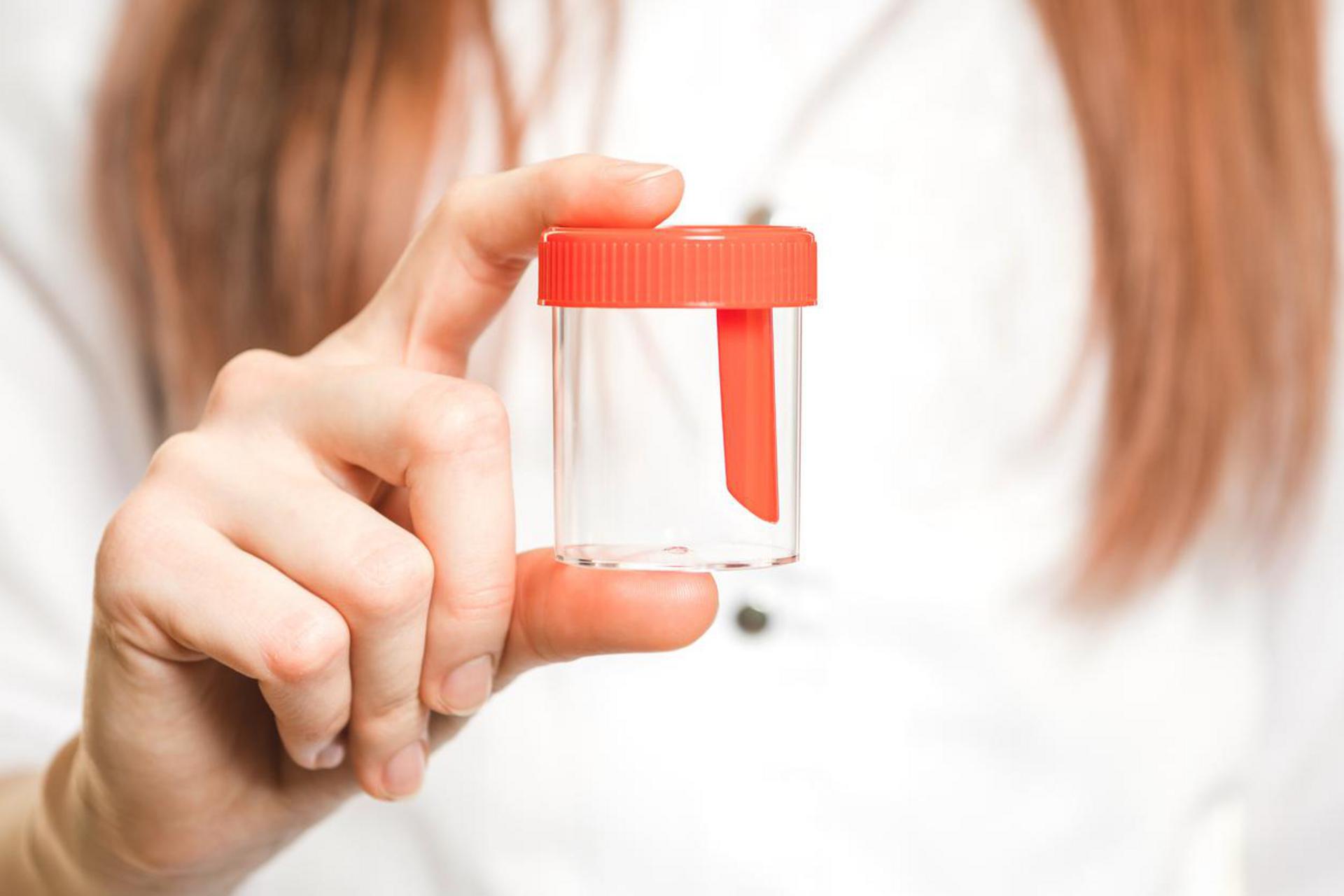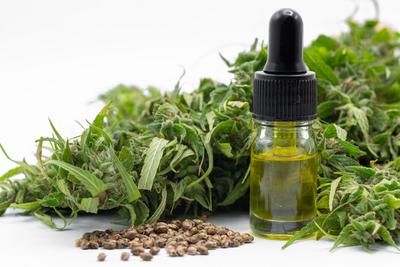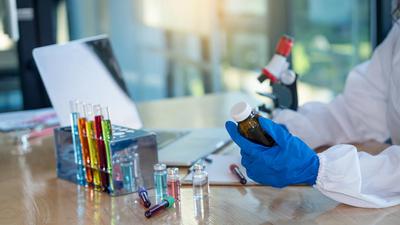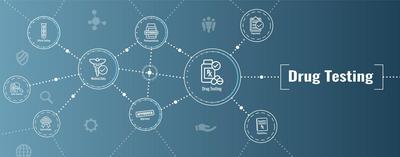How Rapid Drug Tests Work

When should you drug test your employees?
Drug testing is important at the time of hire so you can prevent yourself from letting illegal drug users into your workplace. That's especially important for industries such as healthcare, construction, transportation, or any other industry that operates machinery or works directly with other individuals.
Other than at the time of hire, drug tests may also be given:
Lab Test vs. Rapid Drug Test: What's the Difference?
It seems obvious that the main difference between a lab-based drug test and a rapid drug test is that the rapid drug test is rapid, so it gives much faster results. While that's true, it's not the only difference.
Lab-based testing
Lab-based testing is meticulous, giving more detailed results than a rapid drug test (making it more admissible in court, if need be). When a test goes to the lab it undergoes an initial screening process to rule out the presence of any drugs. If there is any metabolite of drugs found in the initial screening, it will be examined in further detail to identify the drug and the quantity. It can also accurately prove that the employee directly used a certain drug and that it was not in the person's system due to an unintended exposure — like second-hand smoke inhalation, for example.
Rapid drug test
So, what is a rapid drug screen test? Rapid drug tests are also known as instant tests because you get your results right away, at least negative results. With rapid drug testing, results are considered negative or non-negative (not necessarily positive). This type of testing first determines if there are any drugs detected. If not, it's considered a negative result. If there is any drug metabolite detected, it's considered a non-negative result. Non-negative results are sent to a lab for further testing and will take an additional 2-3 days.
How many drugs can a rapid drug test detect?
How many drugs you're checking for depends on which tests you as an employer decide to use and is usually based on the company's policy. The range begins at a rapid 5-panel drug test up to a 22-panel drug test. Rapid drug testing can be customized to your needs, removing drugs of your choice (such as THC in states that marijuana is legal) and adding others, such as nicotine for smoke-free workplaces.
What type of specimen is needed for a rapid drug test?
Rapid drug tests require urine or saliva to be collected, with urine giving more accurate results out of the two.
How long does a rapid urine drug test take?
Negative results are given immediately. Non-negative tests will be sent off to the lab for further testing and analyzed by a physician. This can take an additional 2-3 days.
Are instant drug tests accurate?
Most urine tests can be up to 99% accurate. Since they are used to screen for negative and non-negative tests, they cannot fully determine if a test is positive. To make that determination, non-negative tests must be sent to the lab to be analyzed.
What does a rapid drug screen mean?
When a rapid drug screen is needed, urine will need to be collected in a specimen cup. A test card is dipped into the urine and will change colors, giving you a negative or non-negative result within a matter of minutes.
Considerations for choosing rapid drug testing
Laws on drug testing in the workplace vary state by state, so make sure you look into the laws for your state. Also, keep in mind that the Department of Transportation has other requirements for drug testing and does not permit rapid urine testing.




